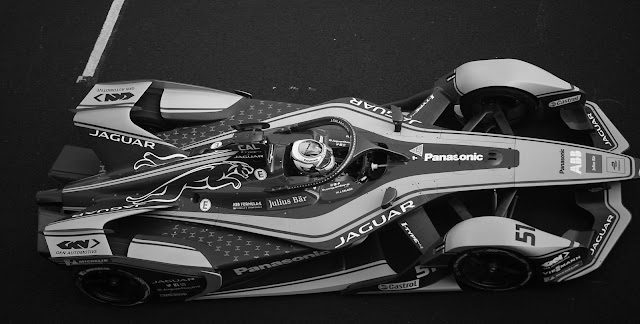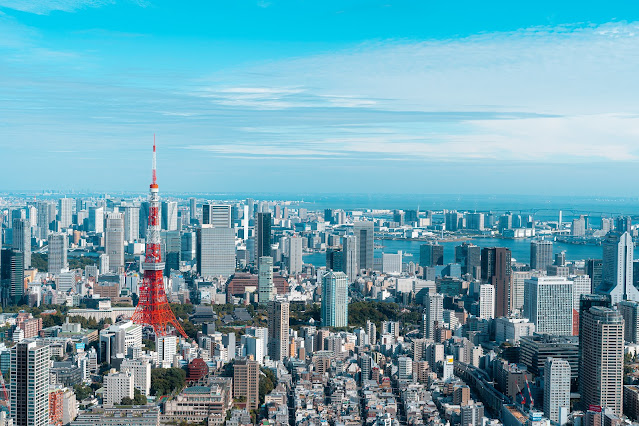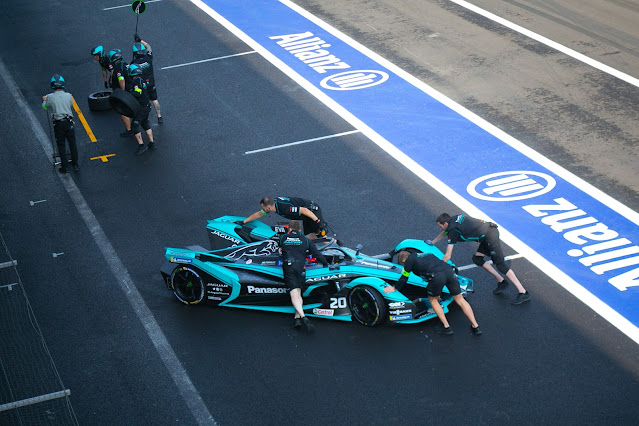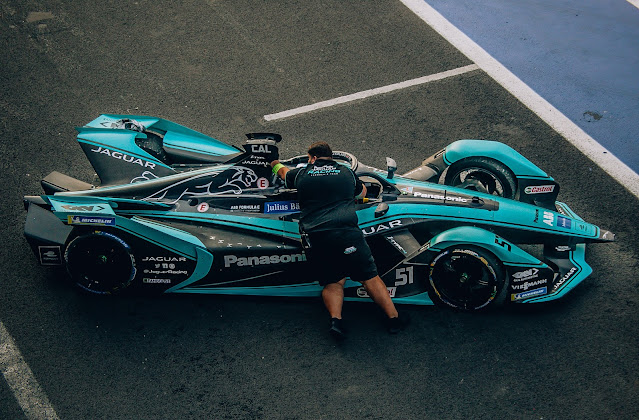Similar to Formula One, the FIA Formula E World
Championship is a series of races held across the globe. However, Formula E
differentiates itself by exclusively featuring all-electric vehicles, thereby
eliminating the emission of loud noises and exhaust fumes associated with
traditional motorsports.
With its inaugural season commencing in 2014, Formula
E has rapidly gained traction and popularity. Now in its 10th season, the
championship boasts 17 rounds scheduled worldwide, with Tokyo's race serving as
the seventh installment of the season.
In addition to its significance as Japan's first
Formula E event, the race also aligns with Tokyo's ambitious plans to
accelerate its zero-emissions strategy. The city aims to achieve net-zero
carbon dioxide emissions by 2050, making this race a key milestone in their
pursuit of sustainable and environmentally friendly transportation solutions.
The ABB FIA Formula E World Championship race is set
to feature 22 drivers representing 11 teams. Participants will navigate the
Tokyo Big Sight area in cutting-edge Gen3 electric race cars. This event will
also mark the first time Tokyo hosts a world championship motorsport event
sanctioned by the International Automobile Federation (FIA), the governing body
overseeing prestigious events such as the Formula One World Championship.
One of the notable advantages of Formula E is the
reduced noise levels compared to traditional racing vehicles, thanks to the
quiet engines of electric cars. This feature allows Formula E races to take
place in urban settings, with major cities like London and Sao Paulo having
previously hosted successful Formula E events.
The Tokyo Formula E race represents a momentous
occasion for the city, combining its commitment to zero-emission strategies
with the excitement of world-class motorsport.
Related Articles:
Revving Towards the Hydrogen Revolution: Japan's Motorcycle Makers Join Forces for Green Power
Rising Sun: Navigating Japan's Future





Comments
Post a Comment